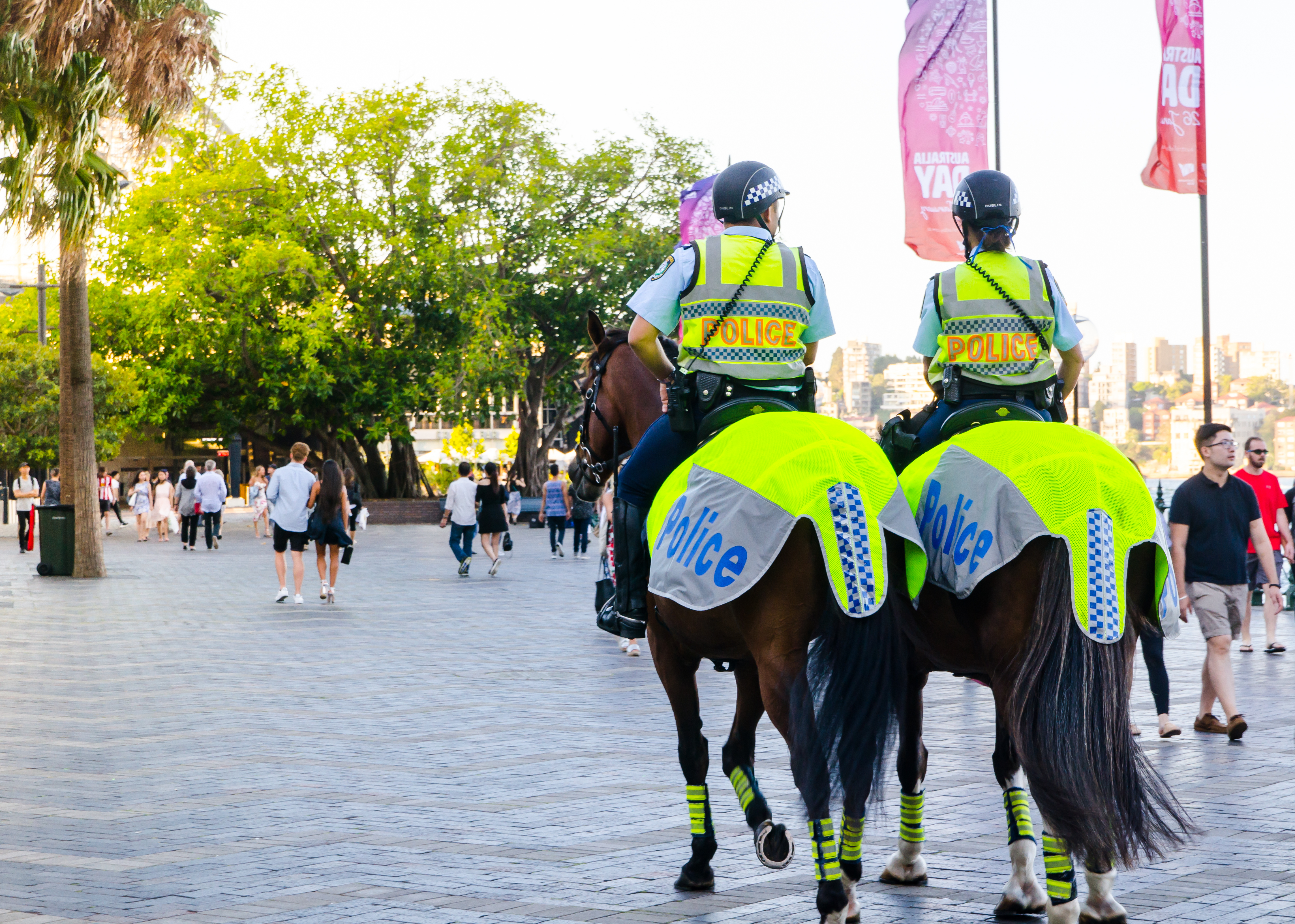Share This Article
It is reported that a NSW Police officer has threatened a man of breaking his legs during an illegal arrest by the police officer in the Australian Capital Territory.
48-year-old Allan Watts was charged by police after in April of this year, police allegedly saw him driving a motorbike while he was disqualified from driving following a drug driving conviction in May last year.
The officer’s at the time formed the view that Allan was effected by drugs while driving disqualified. This was in Hume, an ACT suburb near the NSW border.
NSW Police officers detained Allan until ACT police arrived an hour after. As a result, Allan was arrested and charged for a good behaviour breach, disqualified driving and possession of a knife in public.
This cause Allan to spend up to 2-weeks in custody before getting bail.
It turned out, that the arrest process was captured by police body worn camera, which depicted Allan walking away from the officers when he was told to stay there. The footage shows Allan saying “I’m not going to run” before the NSW officer replying, “You’re not going to run, because if I catch you, I’m going to break your legs.”
Allan was threatened, arrested and detained against his will by NSW Police officers who had no power to exercise such powers in the ACT.
The Magistrate said, that as NSW police officers, the only way they can make a legal arrest is under the common law of a citizens’ arrest. But a citizens’ arrest cannot be conducted based on a suspicion that Allan was committing or has just committed an offence.
The Magistrate said, that it was a “terrible imposition on [his] liberties.”
The Magistrate Dr Boss, also said, “I’m horrified by the conduct of these officers. How dare they come to the ACT and act this way”.
The Magistrate ruled that the arrest conducted by the NSW police officers was unlawful/illegal. As a result, the evidence obtained as a result was inadmissible. The charges against Allan were all dismissed by the court.
Allan intends to pursue a civil action against NSW police.
NSW Police officers are given lawful powers to arrest and search people in the community, but such powers are not without safety mechanisms to ensure that peoples’ rights remain protected.
Accordingly, section 99 of the Law Enforcement (Powers and Responsibilities) Act 2002 (NSW) provides a police officer with the power to arrest people without having a warrant, and therefore on-the-spot under certain circumstances.
Those circumstances are only if the officer forms a suspicion based on reasonable grounds that the person has committed or is committing an offence, and if under the police officer’s belief at the time the arrest is reasonably necessary to:
- Protect the welfare and safety of others
- To prevent any interference with witnesses
- To preserve any evidence and prevent fabrication of same
- To make sure that the arrested person appears before a court in respect of an alleged offence
- To make enquiries about the arrested person’s identity if the identity of that person is not readily available or if the officer suspects on reasonable grounds that the identification provided is incorrect
- To stop the offence
- To stop the arrested person from escaping
After a police officer makes an arrest, the officer is required to bring that person in-front of an authorised officer, being a Magistrate or Judge so that he/she can then be dealt with in accordance with the law as soon as reasonably practicable.
Importantly, a police officer who makes an arrest, such arrest can at any stage be discontinued by the officer.
Another important note to keep in mind is, that police cannot arrest someone (without warrant) if the officer has not formed the intent to charge that person at the time of the arrest, according to the case of NSW Bradford James Robinson [2019] HCA 46.
What happens if police arrest someone without warrant without complying with the above rules of a lawful arrest in NSW? Generally, any evidence obtained as a result of an illegal arrest by a police officer will be inadmissible in court. This essentially means, that the evidence can be legally prevented from being used as evidence against the accused person in a hearing or trial.
In addition, there may also be other serious consequences to the police officer who conducts an illegal arrest, including disciplinary actions by NSW Police and claim for damages by the victim of the illegal arrest.
Have a question on this topic of law? Call our Criminal lawyers in Sydney today for a free initial consult.
Book a Lawyer Online
Make a booking to arrange a free consult today.
Call For Free Consultation
Call Now to Speak To a Criminal Defence Lawyer
Over 40 Years Combined Experience
Proven SuccessAustralia-Wide
Experienced LawyerGuarantee
 (02) 8606 2218
(02) 8606 2218
 (02) 8606 2218
(02) 8606 2218















